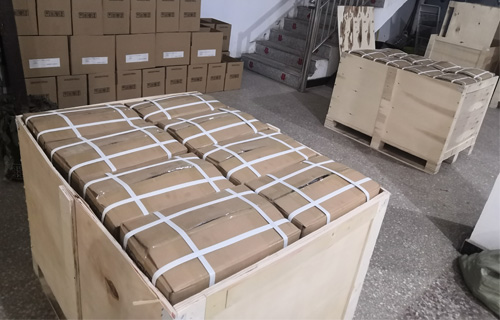In conclusion, veterinary medicine for cattle is an indispensable aspect of modern cattle farming. Through a combination of preventive care, accurate diagnosis, effective treatment, and sound herd management, veterinarians help ensure the health and productivity of cattle herds. As the industry continues to evolve with new challenges and technologies, the role of veterinary professionals will remain crucial in promoting sustainable and ethical cattle farming practices, ultimately benefiting farmers, consumers, and the welfare of the animals themselves. By prioritizing veterinary care, cattle producers can secure the health of their herds and contribute to a thriving agricultural sector.



